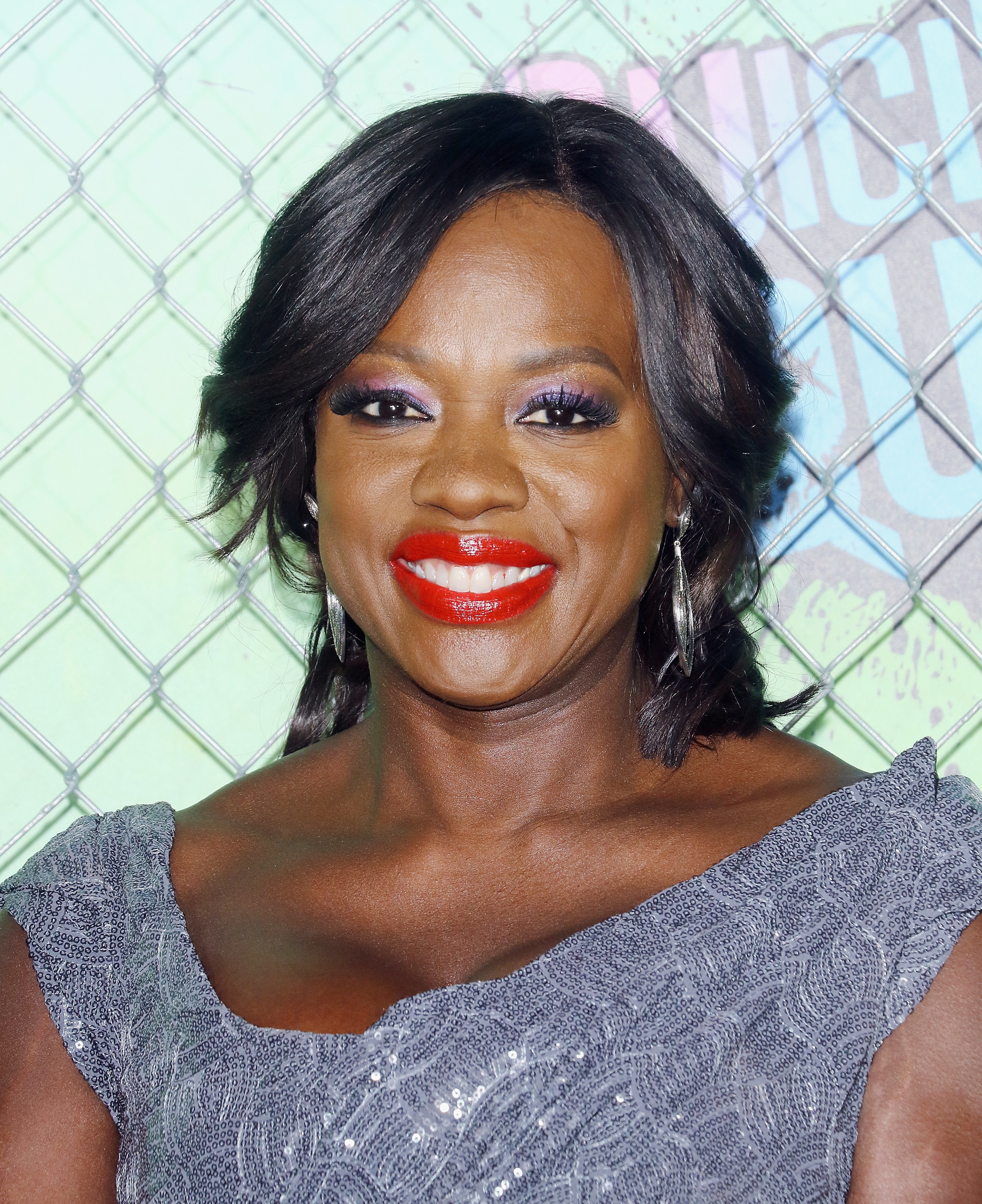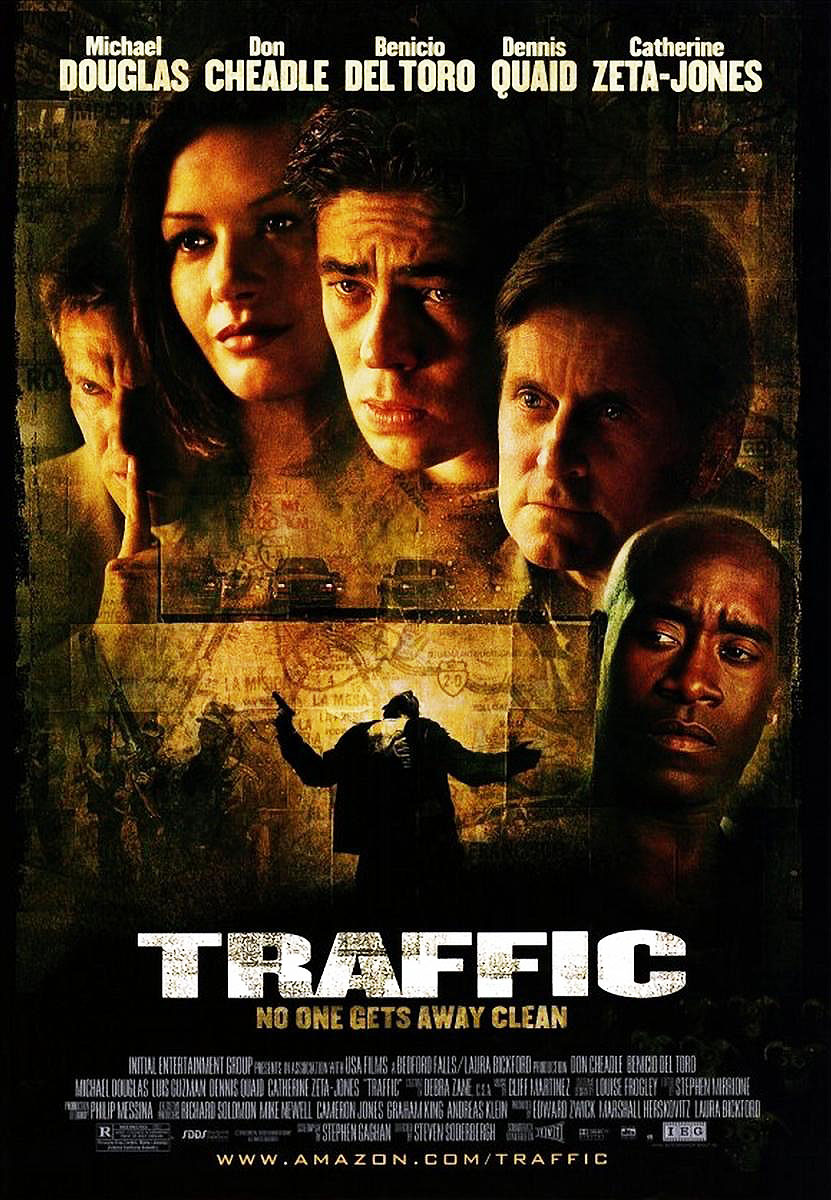Viola Davis is a critically revered actress of film, television, and theater and has won rave reviews for her multitude of substantial and intriguingly diverse roles. Audiences across the United States and internationally have admired her for her work- including her celebrated, Oscar-nominated performances in The Help (2011), Doubt (2008), and her Oscar winning performance in Fences (2016). In 2015, Davis won the Emmy Award for Outstanding Performance by a Female Actor in a Drama Series for her work in ABC’s How To Get Away With Murder, making her the first black woman in history to take home the award. In addition to acting, Viola currently produces alongside her husband and producing partner, Julius Tennon, through their JuVee Productions banner. Together they have produced award-garnering productions across theater, television, and film.

Viola Davis
Movies

Traffic
An intertwined drama about the United States’ war on drugs, seen through the eyes of a once conservative judge, now newly-appointed drug czar, his heroin-addicted daughter, two DEA agents, a jailed drug kingpin’s wife, and a Mexican cop who begins to question his boss’s motives.
Fun Facts
well
Quotes
We grew up in abject poverty. Acting, writing scripts and skits were a way of escaping our environment at a very young age.
[on why she's not inspired to direct] I can't deal with actors! I can't deal with myself. We're neurotic and miserable... I love doing what I'm doing, but while I'm doing it, I'm miserable.
[on undertaking the role of Aibileen Clark in The Help (2011)] I absolutely feel that she just had the nurturing instinct. You know, it's like my mom. She's said she's taken care of kids since she was four years old, and she's now sixty-eight. That's all she knew, which was to take care of kids. She also had seventeen of her brothers and sisters and cousins and all of that - and she was always taking care of them. I myself was delivered by my grandmother.
The thing about the African-American community compared with the white community is, we are more concerned with image and message than execution. I don't play roles that are necessarily attractive or portray a positive image. They are well-rounded characters. When you squelch excellence to put out a message it's like passing the baton and seeing it drop.
[on roles for African-American actresses] You're not doing the Irish and Scottish accents they taught at Juilliard. In the real world you're doing Ebonics and Jamaican.
[on performing with Jeremy Irons in Beautiful Creatures (2013)] He's a total hippie. Here's this grand, talented man who counters it with just humility - very casual and loose. So it was a joy to work with him in the swamps.
People migrate toward material when they reach a certain age, especially if they're a certain hue, certain gender. I have had so many wonderful film roles where I wasn't the show. It's like being invited to a really fabulous party, only to hold up the wall. I wanted to be the show. I wanted to be character that took me out of my comfort zone.
[on playing Annalise Keating on How to Get Away with Murder (2014)] The challenge for any writer, any artist, is to somehow combine art with the mess that we call life. I spent too much time in my career - probably too much - trying to force writers to write for me in a way that was bold. Well, you know what? This is it. This is bold.
Meryl Streep is the greatest actress because you can see so many different emotions going on in her eyes. It's a joy as an artist.
The only thing that separates women of color from anyone else is opportunity.
The happily ever after comes after you've done the work.
[on female sexuality] It's all about the choices you make. And what I mean by that is the choice of how you look, how you do your hair, how you choose to show your body. If the writer says: "What do you think?""